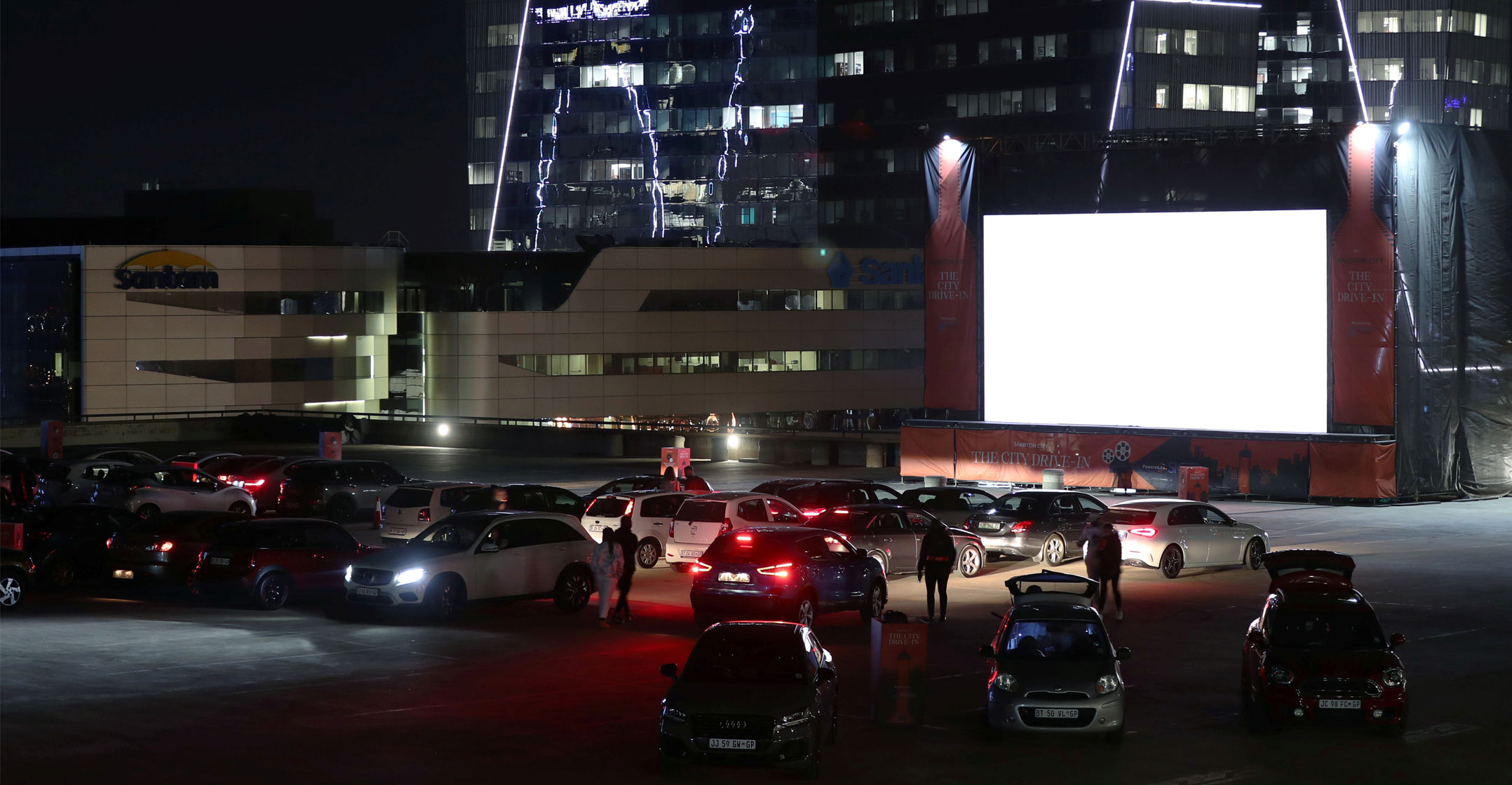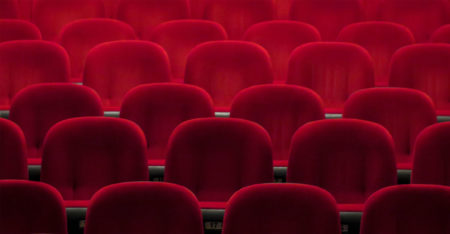
Under the stars of the South African night, the movie-goers who used to throng a cinema among the shops of Johannesburg’s Sandton City shopping centre, have since the pandemic watched the latest releases from a big screen in a rooftop car park.
Drive-in movies are enjoying a revival in many parts of the world, but for South Africa the stakes are higher because of a slow Covid-19 vaccine roll-out that makes a return to normality especially hard and leaves more businesses facing the risk of closure.
Ster-Kinekor, South Africa’s largest cinema group, is betting on the format to win back customers fearful of catching the coronavirus. It filed for business rescue in January because of losses related to lockdown restrictions.
“The big goal for us is to keep the industry alive … and to keep cinema and big screens top of mind in the consumer’s repertoire of entertainment,” said acting CEO Motheo Matsau.
Like its peers, Ster-Kinekor was forced to close from the end of March 2020 until the end of August 2020. Since August, it has operated under curfews and with limitations on gatherings. “Closing down for six months for a business like ours, it’s a miracle we’re still around to be honest,” Matsau said.
Rescue
He said the drive-in cinema allows the industry as a whole to gauge people’s willingness to come back to cinemas and establish how strong the case is to rescue the business.
For movie-goers Satya Praksh and her boyfriend Quinton Lamb, the drive-in experience offered a protective personal bubble and a new style of cosy relaxation.
“I love that we can be warm because it’s really cold …and we can bring our own snacks and blankets unlike the (normal) cinema,” 21-year old Praksh said. “We can talk during (the movie). We don’t have to worry about being quiet and tripping over someone’s feet.” — Reported by Nqobile Dludla, (c) 2021 Reuters



